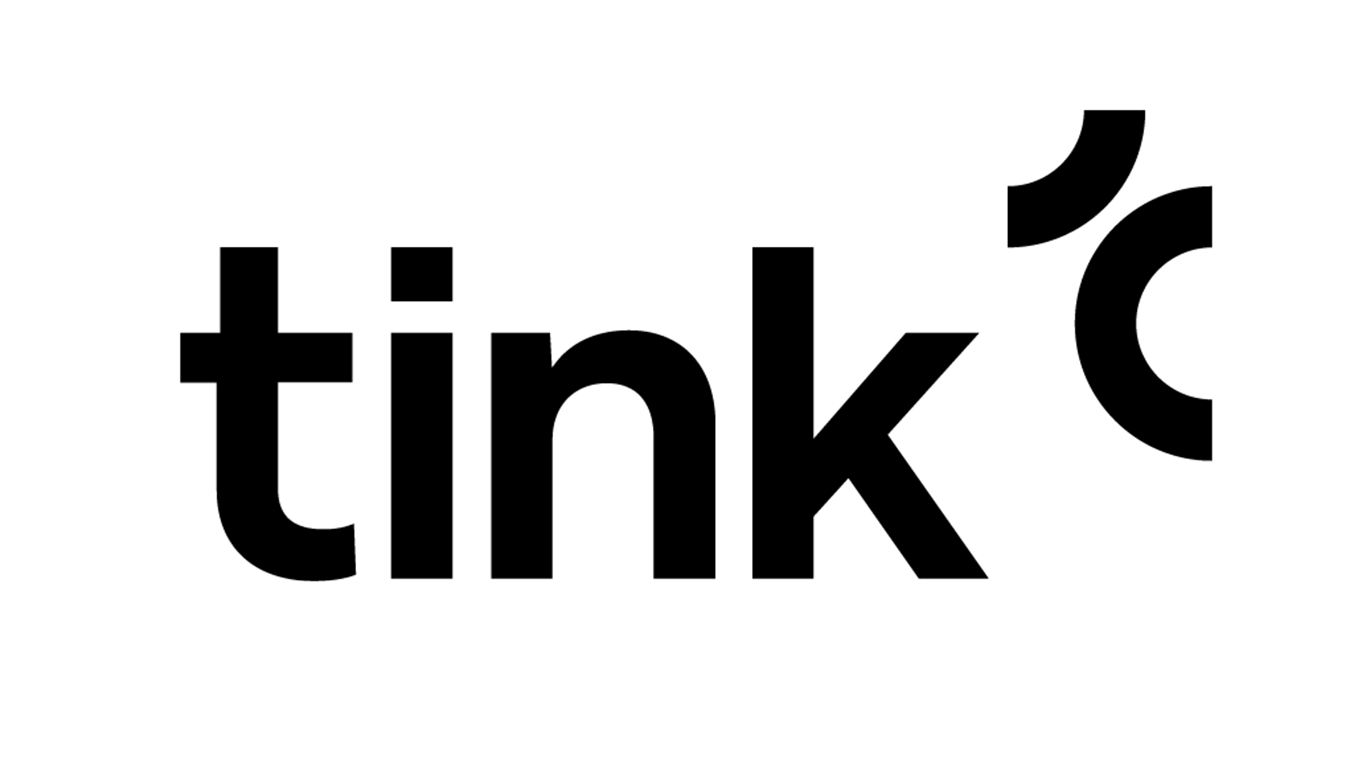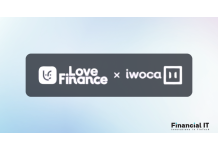Lloyds Completes Its First India–UK Digital Letter of...
- 03.12.2025 10:25 am
Love Finance Integrates iwoca API to Enhance UK SME...
- 03.12.2025 09:35 am
PPRO Enables BLIK Pay Later to Activate Poland’s...
- 27.11.2025 09:45 am
Credolab Launches Income Prediction Model to Help...
- 27.11.2025 09:45 am
Tech Mahindra Launches i.GreenFinance, an AI-Driven...
- 24.11.2025 10:05 am
Finastra Streamlines the UCC Filing Process with New...
- 18.11.2025 02:05 pm
Over 30 Million Users Now Rely on Ant International’s...
- 17.11.2025 01:05 pm
Beehive Fintech Transforms Underwriting With Perfios,...
- 17.11.2025 12:25 pm
59% of UK SME Founders Abandon Loan Applications Midway
- 11.11.2025 12:45 pm
PPRO Launches Buy Now Pay Local Solution to Help...
- 11.11.2025 09:35 am
Snap Finance UK Redefines Lending With Instant-Access...
- 10.11.2025 11:45 am
Robinhood and Sage Home Loans Team Up to Democratize...
- 05.11.2025 01:55 pm






















